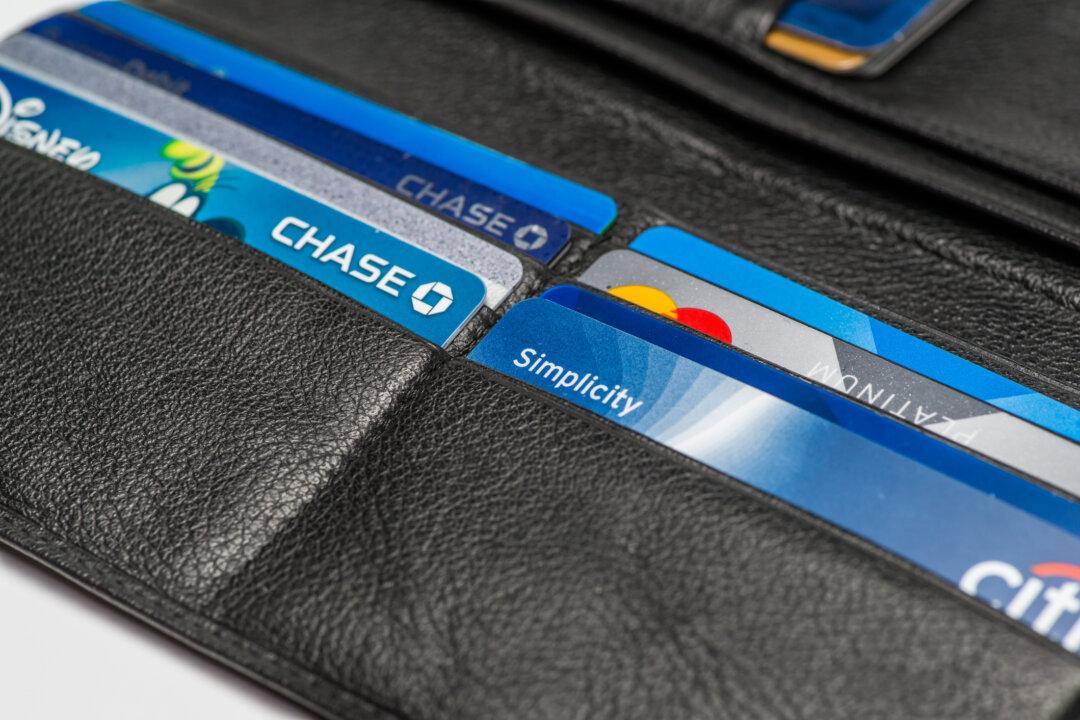By Dana Dratch
From Bankrate
Vacations and holidays are all about relaxing, so it’s unlikely credit card balances and bills are on your radar.

Vacations and holidays are all about relaxing, so it’s unlikely credit card balances and bills are on your radar.